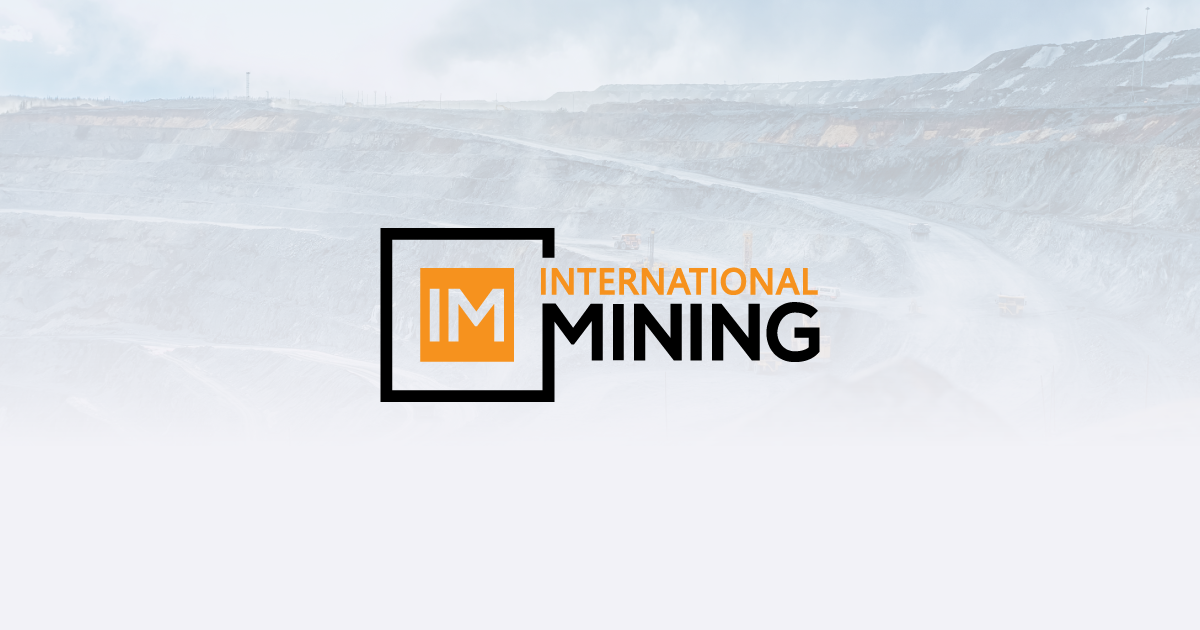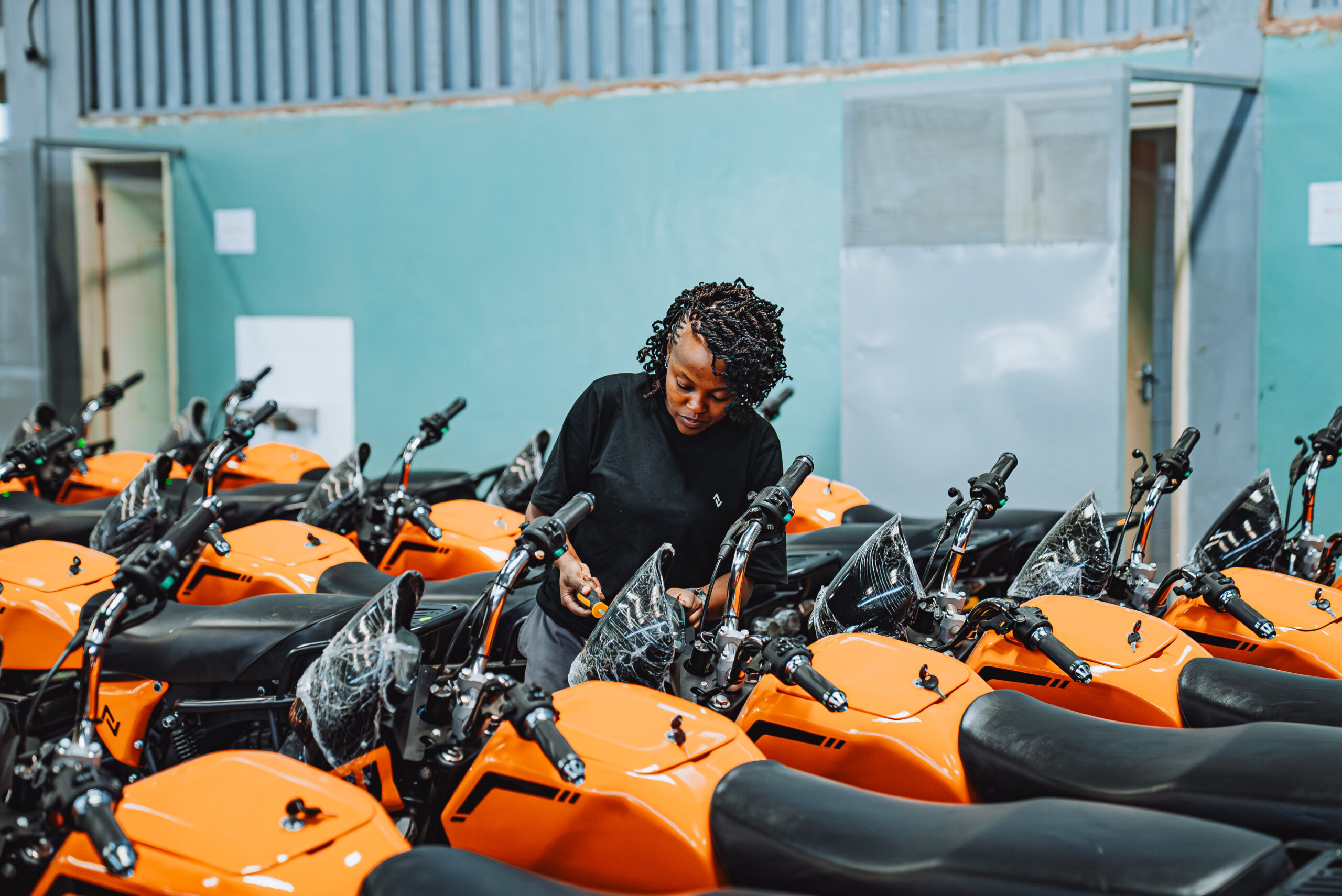South Korea’s pledge to close 40 coal-fired power plants by 2040 could create the potential for increased exports of Australian critical minerals, green iron and aluminium, and other future-facing commodities.
South Korea’s decision was announced by its climate minister Kim Sung-hwan at the United Nations’ COP30 climate summit in Brazil. The announcement was made as part of South Korea’s commitment to joining the Powering Past Coal Alliance (PPCA).
As Australia’s third-largest thermal coal export market, South Korea’s announcement will have a significant effect on Australia’s coal industry; however, the fact the phase-out will be staged over the next 15 years gives coal businesses time to plan ahead.
In addition, South Korea is one of Australia’s largest trading partners, and the countries already have agreements in place fostering the development of clean energy industries and critical minerals trade.
In 2020, the countries signed the Critical Minerals Supply Chain Cooperation Memorandum of Understanding (MoU) and the Low and Zero Emissions Technology Partnership Implementation Plan. These agreements have laid the foundation for advancing bilateral cooperation on critical minerals and clean energy solutions.
One key area of opportunity is supplying South Korea’s electric vehicle (EV) manufacturers and battery industry with the range of raw and processed inputs these sectors require in high volumes.
Recognising the ongoing need for these inputs and a secure supply chain, South Korean companies have over the past five years invested heavily in joint ventures with Australian mining companies across mineral exploration, extraction and processing, including lithium, cobalt, manganese, nickel, phosphate, graphite and other rare earths.
Mineral Resources (MinRes) recently struck a landmark deal with major South Korean conglomerate POSCO, giving it a 30 per cent stake in MinRes’ lithium business and cementing the future of two of Australia’s top lithium mines.
Queensland Pacific Metals (QPM) shareholders include global battery manufacturing leader LG Energy Solution (LGES) and POSCO, and the company has secured binding offtake agreements for the sale of nickel and cobalt to both.
POSCO and Pilbara Minerals have also undertaken a joint venture, opening a lithium hydroxide facility in South Korea last year, with POSCO owning 82 per cent and Pilbara Minerals the remaining 18 per cent.
Arafura Rare Earths signed a binding offtake agreement with Hyundai Motor Company and Kia Corporation in 2022 to supply NdPr (neodymium and praseodymium, in the form of NdPr oxide or NdPr metal) sourced from its Nolans Project.
These are just a few examples of the extensive list of deals, joint ventures and collaborations between South Korea and Australia.
With strong government frameworks already in place and deep commercial ties established, South Korea’s decision to transition from coal holds the potential to further boost Australia’s growing sustainable and critical minerals industries.
Get 50 per cent off your Australian Mining annual magazine subscription during our Black Friday sale. Visit our subscription page and use the code: AMBF25. Ends on 27 November 2025.



